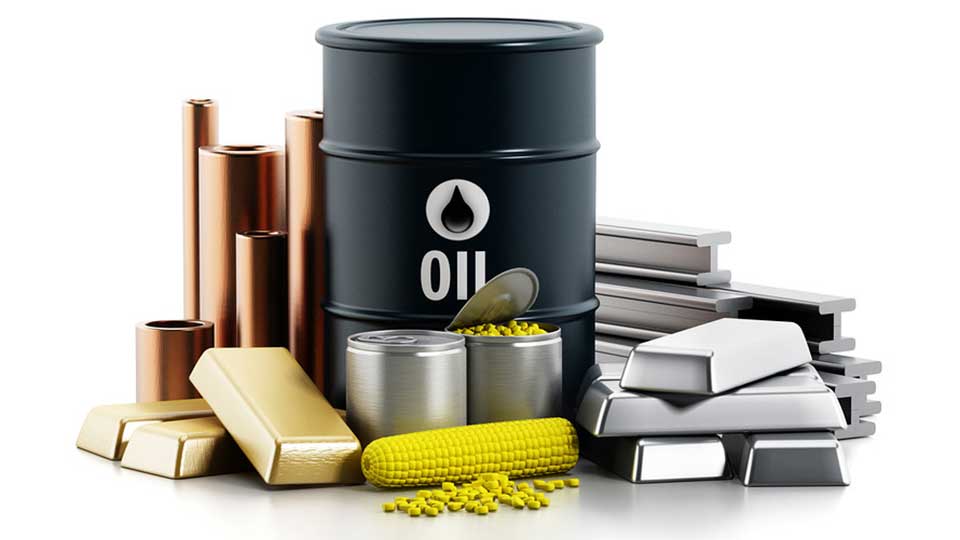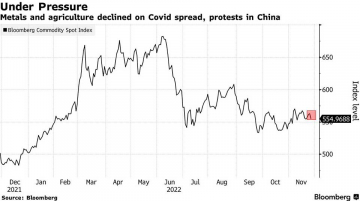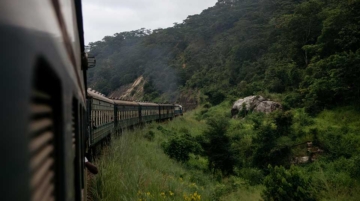The editorial board of Financial Times published an op-ed yesterday announcing a new commodities supercycle. They argued that the global pivot towards climate-friendlier technologies like electric vehicles is pushing demand for metals like cobalt, lithium and palladium (used in catalytic converters.) In addition, the Biden administration’s new commitments to building infrastructure at home (and possibly abroad) will further boost demand for steel, with iron ore futures hitting record prices in Singapore this week.
Where FT and I part ways, is in their assertion that the new green supercycle will be fundamentally different from the previous one, which was driven by China’s emergence as the world’s factory. I do see their point: shifts in demand mean that some commodities (especially tech-related ones like copper and cobalt) will boom while others (like oil) are (eventually) headed to history’s dustbin. In that sense, it will be different from the 2000s, when China’s broad-based manufacturing revolution ‘lifted all boats.’
However, I wonder whether this shift will have any impact in Africa. The previous supercycle fuelled a trade relationship between Africa and China based on raw commodities. Take South Africa: even as we’ve seen Chinese investment into SA banking and manufacturing, the trade relationship is still hugely based on the export of raw ores.
This supercycle may be new, but my guess is in Africa its impact will be depressingly old-school. Copper, cobalt, palladium, tantalum, lithium – they’re all mined in African countries. And no matter which particular ‘green revolution’ they’ll fuel in the Global North, at home they all translate into the same thing: a toxic, dusty hole in the ground dug by the world’s most horrifically underpaid and exploited workers (some of them children.)
This situation frequently results from the interaction between African governments and foreign capital. The complicated roots of Zambia’s failure to turn high copper prices from the previous supercycle into broad-based economic gains (and riding those very copper prices into another debt crisis) is just one example.
The problem is also that the arguments against Africa as a raw mineral exporter are as cyclical as the supercycle itself. I think we’re just about due for another round of ‘it’s time for African countries to move up the commodity supply chain and refine the minerals at home’ – an argument we’ve seen since the 1950s.
In fact, there is literally a section in the original declaration [PDF] of the 1955 Bandung conference – the legendary meeting between China and other decolonizing countries that gave us the concept of South-South cooperation – stating that: “Asian-African countries should diversify their export trade by processing their raw material, wherever economically feasible, before export.”
How many supercycles have we had since then? Between 2005 and 2017, China alone invested $58 billion into the African mining and energy sector. Why did that money achieve so little economic diversification?












